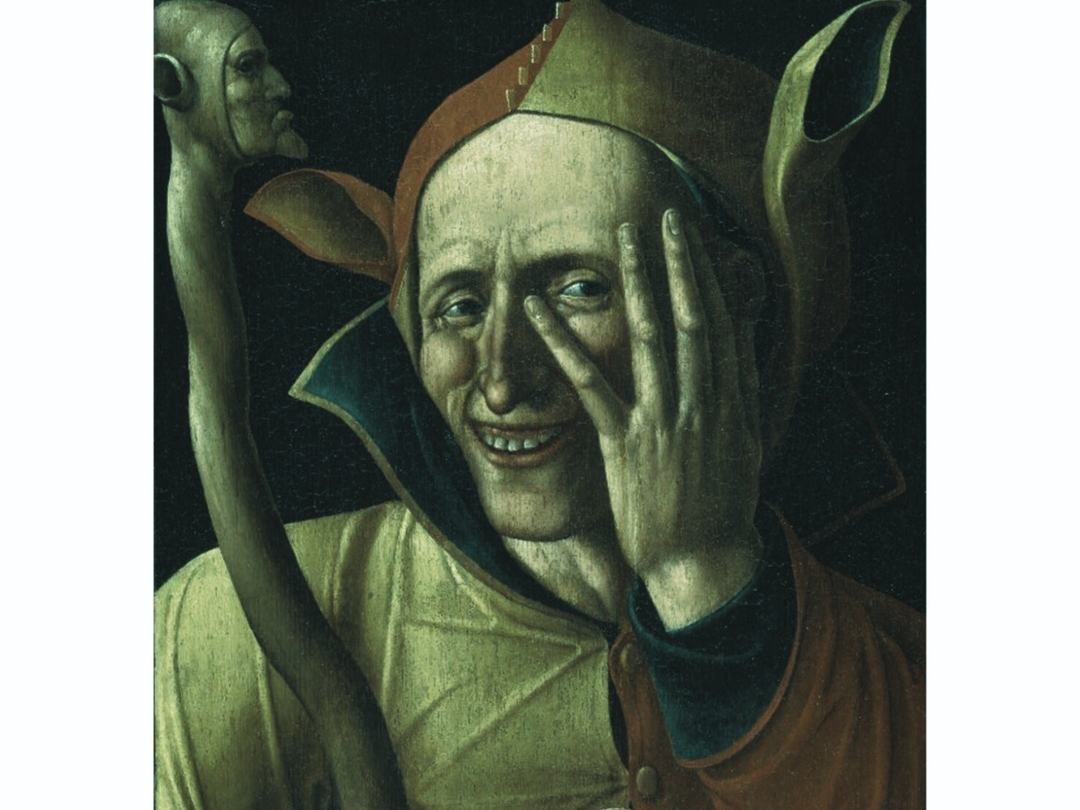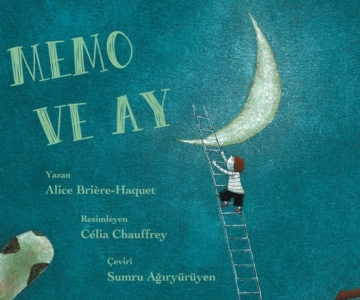The masterpiece of Erasmus, one of the most important representatives of humanism: Ode to Madness.
In this ironic text, Erasmus traces the fine line between madness and wisdom through respectable members of society such as politicians, merchants, clergy, and intellectuals.
There is nothing more insane than wisdom in the wrong place at the wrong time, and nothing more foolish than disproportionate and therefore false intelligence.
Erasmus, one of the most important representatives of humanism, addresses the whole of humanity through the mouth of the goddess of madness, who says, “Who can represent me better than I?” in his masterpiece, Deliliğe Övgü, which he drafted during his journey from Italy to England in the summer of 1509, then completed at the home of his friend Thomas More and dedicated to him.
While he clearly reveals the wisdom in the madness of cruel rulers, greedy clerics, ambitious merchants, slippery intellectuals, and all those he considers his disciples, he does not refrain from demonstrating the folly of wisdom. This eulogy, which the goddess did not want to be called a satire, is one of the most maddening and wise examples of satire and eulogy at the same time.
…
DESIDERIUS ERASMUS was born at Rotterdam in 1466. A theologian and classical philologist, he was one of the most important humanists of the Northern European Renaissance. He studied theology at the Sorbonne in Paris from 1495 to 1499. In the summer of 1499, he traveled to England, where he met Thomas More and John Colet, and taught Latin to the young prince who would later ascend the throne as Henry VIII. From 1500 to 1506, he traveled between Holland, Paris, and England. Erasmus, whose works contributed to the spread of ancient thought, turned down an offer from the University of Leuven in 1502 because he wanted to concentrate on his translations from Greek. He settled in Italy in 1506 and received a doctorate in theology from the University of Turin. Although he agreed in principle with the Church’s view of self-renewal, he opposed Martin Luther’s Reformation movement on the grounds that it was leading the Christian world into turmoil and violence, and sought the true spirit of Christianity in humanist values. From 1510 to 1515 he taught Greek at Cambridge University. He then went to Basel, where he continued to publish his work until 1529. When the Zwinglian Reformation began, he moved to Freiburg im Breisgau, not returning to Basel until 1535. Erasmus died in this city in 1536, and in his one hundred and fifty works he emphasized that Europe should act with a common understanding of art and science based on humanistic values.
…
ŞEBNEM SUNAR was born in Istanbul. She completed her undergraduate, graduate and doctoral studies at Istanbul University, Department of German Language and Literature. She is currently working as an associate professor in this department. She has translated leading names of German literature and thought such as Stefan Zweig (Olağanüstü Bir Gece), Max Frisch (Kont Öderland), Erich Kästner (Uçan Sınıf), Odo Marquard (İlkeselliğe Veda), Arthur Schopenhauer (Mutlu Olma Sanatı) and Friedrich Nietzsche (Neden Bu Kadar Akıllıyım?). She has translated numerous articles and his academic works approach modern and contemporary literature from the perspective of cultural theory. She teaches courses on the Enlightenment, modernism, postmodernism, and literary theory, and continues her translation work and academic research.
TITLE
Book Title: Deliliğe Övgü
Author: Desiderius Erasmus
Translator: Şebnem Sunar
Publisher: Can Yayınları
Series: Classic
Genre: Essay
Pages: 168




